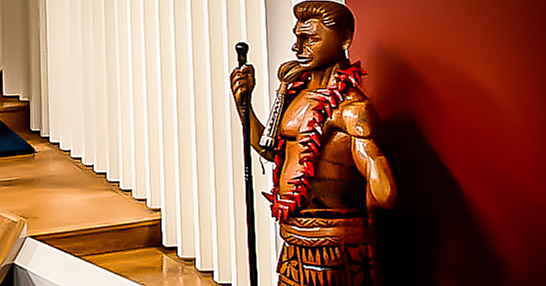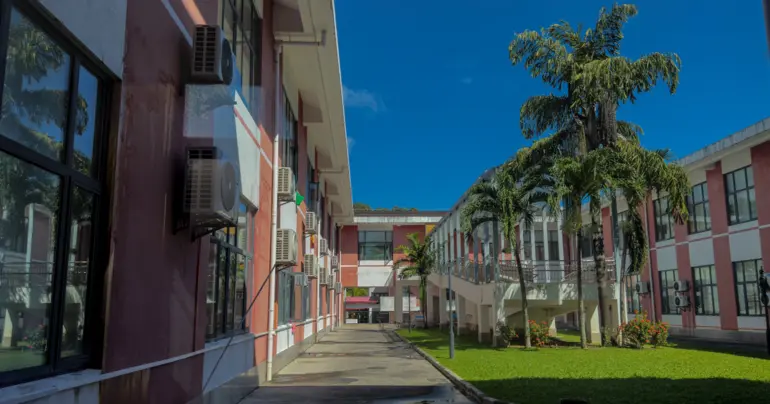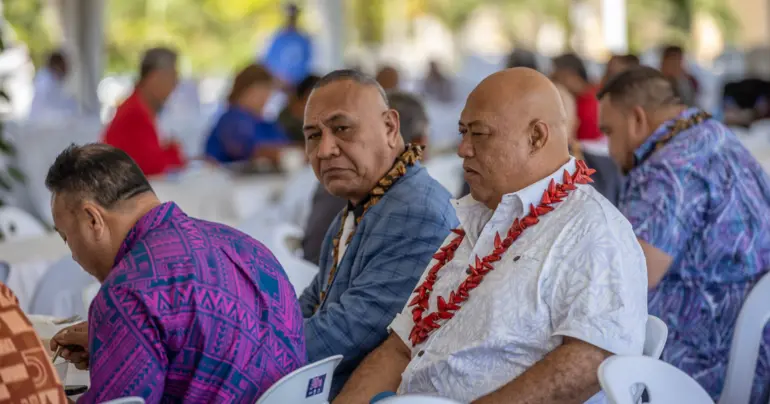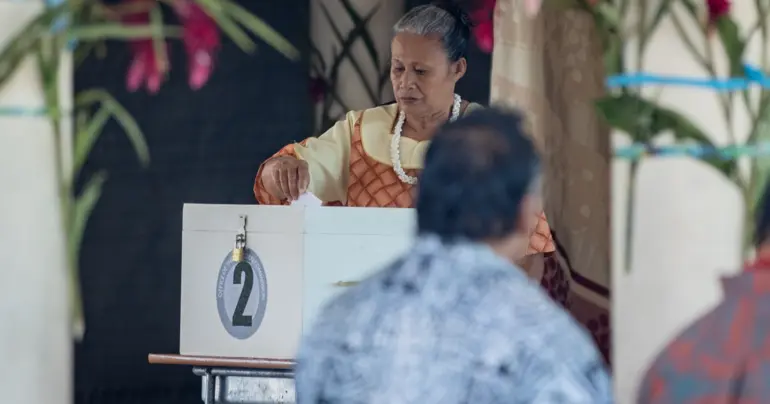Better equipped hospitals will save lives
The deplorable state of Samoa’s hospitals and lack of basic equipment is costing lives and this clearly shows the lack of interest by the government to make investments that could save lives.
A family’s pain and loss cannot be fathomed in words especially when they lose a child at birth, during a situation where the life of the innocent could have been saved. The Fafo family was looking forward to the addition to the family but complications at birth and lack of facilities and personnel at the Leulumoega District Hospital led to a very different outcome.
The blame in this situation cannot be given to the midwife who was late in arriving at the hospital. She was picked, and she took her usual time. During delivery it was realised that the baby was in a breech position, meaning instead of the head coming first, the infant was placed with the legs first.
This is not an unusual condition and there have been breech births in the past as well. However, the presence of a scanning machine at the hospital would have detected that and advised the family to be closer to the hospital at Motootua around the due date.
It was lucky that the mother survived the ordeal. Things could have been gloomier for the family.
Asaua Fafo, the devastated father of the baby also claimed discrimination and disparities within the healthcare system.
He highlighted concerns that individuals with financial means or social prominence receive preferential treatment, while those perceived as disadvantaged are marginalised.
In his impassioned plea, Mr. Fafo reminded nurses and doctors of the profound responsibility entrusted to them, emphasising the sanctity of life and the imperative to prioritise patient welfare above all else.
What is the cost of a life? Is the life of a prominent person worth more and is there preferential treatment at the hospital because of social standing? Sadly, a man is saying that. It could be an assumption, but if this is something that is happening in the hospitals, then it must stop.
The situation is not only localised to Leulumoega District Hospital, most of the district hospitals do not have the equipment needed to ensure lives can be saved. How many have scanners, x-ray machines, and doctors rostered around the clock?
Even at the hospital in Motootua, there is a need for repairs, there is a need for better service, refurbishment and more doctors. All of this requires government investment. The government has been playing it safe. The mantra seems to be less direct spending and more reliance on aid. This would also be the reason why Nauru has leased its seventh jet while Samoa has none. Less spending.
As good as the idea is, it is impacting important sectors such as health and education. There is a lack of urgency to purchase important items or make improvements to hospitals because the government wants other countries to fund this and that takes time. Lives are being lost at the hospitals because of this situation. These things are preventable but only if there is a political will to improve. Sadly, that looks to be missing.
The government is happy to spend $21 million for preparation of the Commonwealth Heads of Government meeting but has not set aside a $10 million budget to equip hospitals in Samoa with ultrasound scanners so the infant mortality rate can be decreased.
The Ministry of Health has admitted that about 60 per cent of breech presentations are not detected before labour. An ultrasound scan on site will improve the detection of breech babies.
Ultrasound machine prices vary depending on how advanced they are. Low-tier systems start around US$5000-US$10,000. Depending on the level of technology, the price for a mid-range to high-end machine can go as high as US$200,000.
Most new systems can be bought for between US$20,000 and US$75,000. In the second-hand category, used or refurbished ultrasound equipment will be between US$5,000 and US$40,000 for an average model.
They have also admitted that breech babies should be delivered by someone trained in conducting them.
In response to the incident, Leulumoega District Hospital has implemented immediate measures to enhance patient safety and staff preparedness.
Leulumoega clinical staff will be the first in the queue for a training workshop in April, where doctors and midwives are re-familiarised with obstetric guidelines and simulations to handle obstetric emergencies. Hopefully, this changes a few things at the hospital.
These are just short-term solutions, in the long run, there is a need for urgent government investment in the health sector especially in hospitals that cater to the rural population. It does not mean that these hospitals are far away so they should have the basic equipment.
Improving the health system was also an election promise, apart from more salaries to doctors, what else has been done?
The people of this country deserve a better health system.











